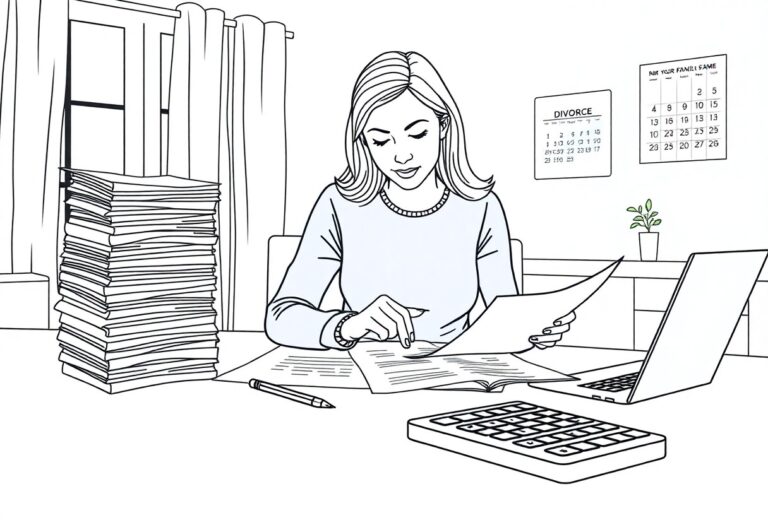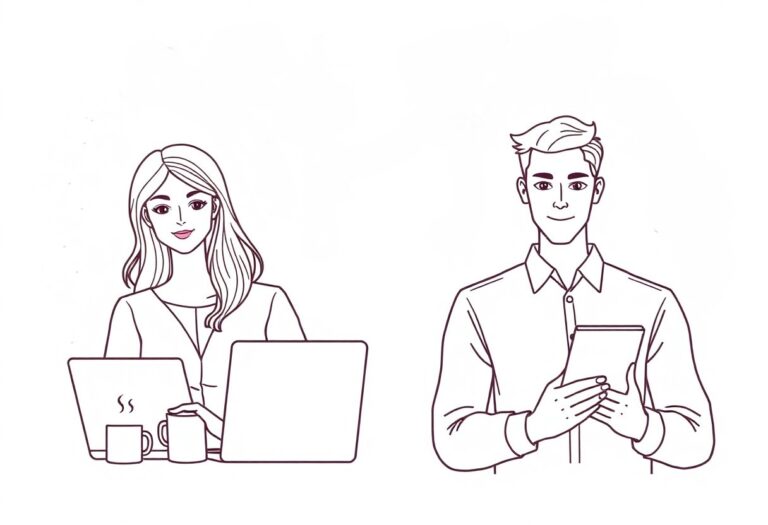Divorce Mediation: 10 Great Peaceful Ways to Reach a Settlement
Divorce Mediation
Divorce, The phrase frequently conjures tension, conflict, and a protracted legal battle. But what if there was another way—one that prioritised open communication, collaboration, and achieving mutually beneficial agreements? This is where divorce mediation can help. In this blog post, we’ll look at divorce mediation and how it can provide a peaceful resolution during this difficult time.
Divorce mediation is a procedure in which divorcing couples collaborate with a neutral third party known as a mediator to organise discussions, make agreements, and eventually find a resolution. Unlike the traditional adversarial litigation technique, mediation provides a more cooperative and collaborative method for dealing with divorce issues.
The primary purpose of divorce mediation is to empower couples to make decisions together while considering their individual needs, concerns, and the best interests of any children involved. It provides a forum for open communication, creating an environment where both partners can openly express their thoughts, emotions, and desires.
One of the most significant benefits of divorce mediation is the possibility of time and financial savings. Mediation provides a simplified alternative to the typically lengthy and costly litigation procedure. Couples can resolve their conflicts more efficiently and affordably with fewer court appearances and less time waiting for hearings.
Another important advantage of divorce mediation is the maintenance of relationships, which is especially important when children are involved. By using effective communication and negotiation techniques facilitated by the mediator, couples can lay the groundwork for cooperative co-parenting even after the divorce is final. This can contribute to a better and more stable environment for the children and less parental conflict.
How does divorce mediation work? Typically, the procedure starts with a first session in which the mediator explains their position and the process and answers any questions the couple may have. If both parties agree, more sessions are scheduled to dive deeply into other areas of the divorce, such as property distribution, child custody, and financial matters.
The mediator serves as a neutral facilitator, leading discussions and ensuring that both parties are heard equally. They may make suggestions, ask clarifying questions, and assist the couple in exploring creative solutions that match their specific requirements. While the mediator does not make decisions or give legal advice, they help the couple navigate the divorce process more easily.
It is crucial to emphasise that divorce mediation may not be appropriate for all couples, particularly in domestic abuse, excessive power imbalances, or situations where one side refuses to negotiate in good faith. Conversely, mediation can be a helpful alternative to the typical adversarial strategy for couples who are prepared to communicate and discover common ground.

Finally, divorce mediation promotes open dialogue, cooperation, and mutual understanding, resulting in a peaceful path to resolution. Couples can use this method to develop agreements suited to their circumstances, protect relationships, and prioritise the well-being of any children involved. If you’re thinking about divorce, consider mediation as an alternate option that prioritises peace and empowerment on your path to a new chapter in your life.
Here are some crucial thoughts and recommendations for successfully navigating the divorce mediation process to make the most of it:
To make the most of the divorce mediation process, here are some key considerations and tips to navigate the journey successfully
The Magic Of Making Up – Get Your Ex Back
- Select the appropriate mediator: Look for a mediator who specialises in family law and has experience with divorce mediation. They should be objective, knowledgeable, and good at facilitating efficient dialogue.
- Plan and prioritise your interests: Before attending mediation sessions, consider your goals, worries, and priorities. This will assist in steering your conversations and ensuring that your demands are met effectively.
- Maintain open communication. Actively listen and respectfully communicate your opinions and emotions. Finding common ground and forging mutually beneficial agreements require effective communication.
- Concentrate on the future, not the past. While reflecting on the past and the reasons for the divorce is normal, redirect your attention to finding practical solutions for the future. This forward-thinking attitude can help reduce stress and build a more productive atmosphere.
- Be willing to compromise: Recognise that compromise is essential to mediation. Negotiation and flexibility can lead to fair and agreeable conclusions for both sides.
- Please seek professional advice when necessary: While the mediator can provide guidance, it is critical to consult with independent professionals, such as lawyers or financial advisors, to ensure you understand your rights, responsibilities, and the long-term implications of any proposed agreements.
- Manage your emotions: Divorce may be an emotionally charged affair. Therefore, it’s critical to manage your emotions throughout mediation sessions. Avoid being defensive or allowing anger and bitterness to control your behaviour. Remember that the goal is to find common ground and reach a peaceful resolution.
- Be prepared for multiple sessions: Divorce mediation often involves numerous sessions to discuss various aspects of the divorce. It may take some time to agree on all issues, so patience and tenacity are essential.
- Take breaks as needed: If arguments become heated or emotions run high, don’t hesitate to ask for a break. Taking a break can reduce tension and allow for contemplation before returning to the negotiation.
- Review and finalize agreements: Once an agreement has been made, it is critical to have it reviewed by separate attorneys to ensure it protects your interests and meets legal requirements. If both parties are satisfied, the agreements can be formalised and presented to the court for approval.
Remember that divorce mediation is voluntary, allowing couples to control their divorce processes. By embracing open communication, cooperation, and compromise, you may more easily walk the mediation route and find a resolution that builds the groundwork for a more positive and peaceful future.







